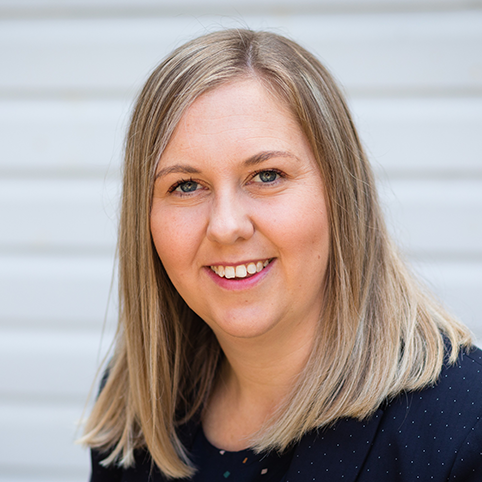The Cytosponge test for Barrett’s oesophagus is central to University of Cambridge-led project to improve early cancer diagnosis
Following a proposal supported by Health Innovation East, the government has announced a £3.5 million funding boost to trial the use of the Cytosponge-TFF3 test to diagnose Barrett’s oesophagus in patients with symptoms such as heartburn in primary and secondary care settings.
Project DELTA is a collaboration between the Universities of Cambridge, Oxford, Kings College London, the PHG Foundation and Cyted. It aims to diagnose up to 50% of cases of oesophageal cancer earlier, leading to improvements in survival, quality of life and economic benefits for the NHS.
Oesophageal cancer takes the lives of around 8,0001 people in the UK each year, often because it is often difficult to detect until the late stages and is diagnosed too late. The Cytosponge is an innovative test for Barrett’s oesophagus – a condition that can increase a person’s risk of developing oesophageal cancer.
The cheap and simple test consists of a sponge on a string pill which is used to run a molecular test to aid diagnosis.It can be done in a GP surgery instead of a referral to hospital for an endoscopy.
Using AI to predict those at risk
Project DELTA aims to use Cytosponge for screening in primary care settings, specifically targeting those deemed at risk of oesophageal cancer based on symptoms and medication information.
The data from this screening programme will be run through an AI programme to better identify individuals most at risk to develop Barrett’s oesophagus before they show any symptoms. The project aims to diagnose up to 50% of cases of oesophageal cancer earlier, leading to improvements in survival, quality of life and economic benefits for the NHS.
Katrina Wilson, Principal Advisor – Cancer at Health Innovation East, said:
“Diagnosing cancer earlier is one of our key priorities at Health Innovation East. We are working with commissioners across the region to ensure early diagnosis and more effective screening through innovations like Cytosponge can be used to give patients the best possible outcomes.”
Reference: 1https://www.cancerresearchuk.org/health-professional/cancer-statistics/statistics-by-cancer-type/oesophageal-cancer
Image credit: University of Cambridge

To find out more about using Cytosponge across the East of England, contact sarah.robinson@healthinnovationeast.co.uk.
Clinical trial found my cancer and saved my life
When Liz Chipchase signed up for a clinical trial she did so out of scientific interest, unaware it would be a decision that would save her life.
Read more about her experience using Cytosponge on the CRUK Cambridge website.
Share your idea
Do you have a great idea that could deliver meaningful change in the real world?
Get involved